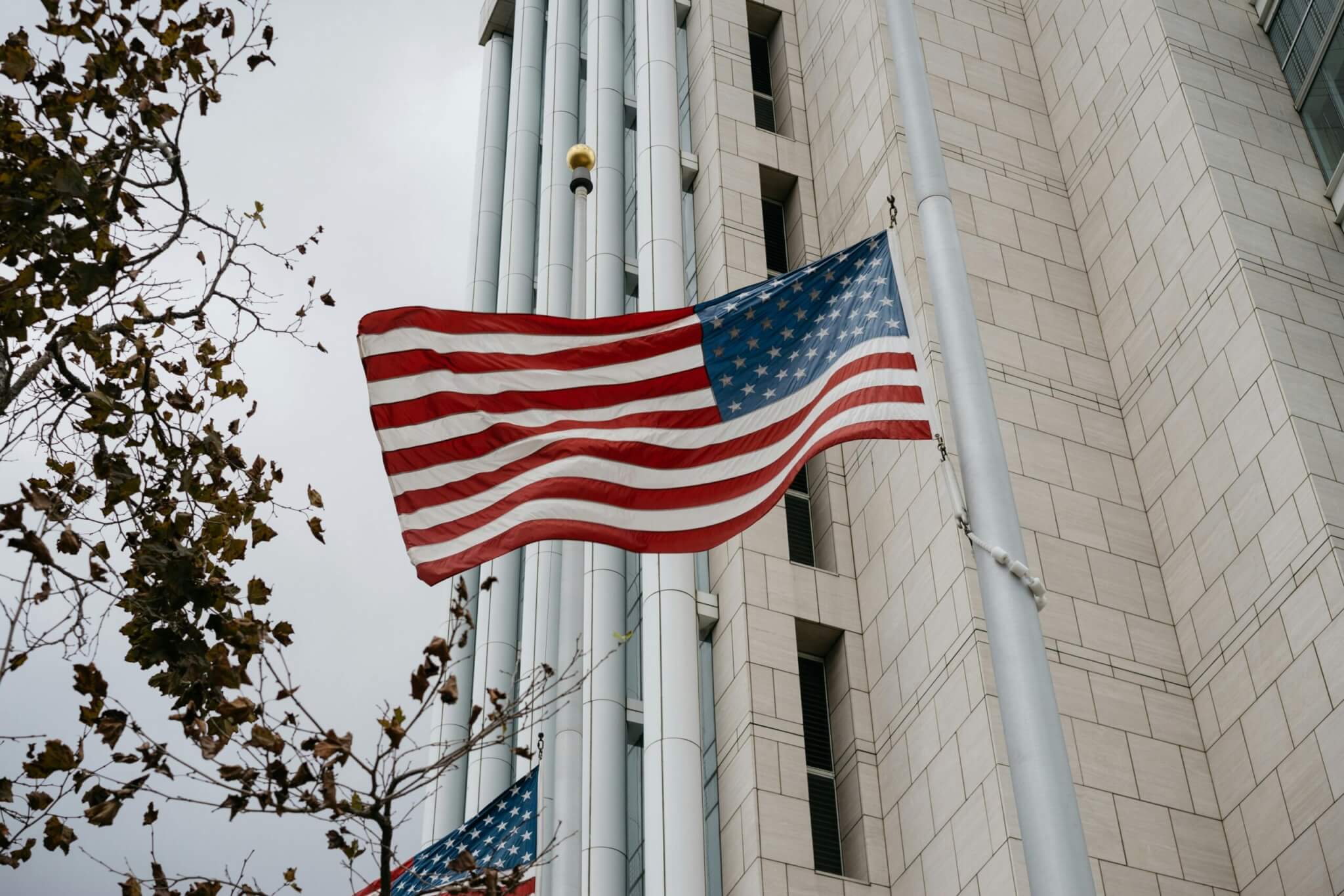Jul 09, 2025
5 min read
What Happens If You Miss a Business Loan Payment?
Business loans can be a critical source of working capital, helping...
Read story

In 2025, the Small Business Administration (SBA) announced sweeping changes to its lending programs, signaling a shift back to stricter eligibility and underwriting standards. These updates reverse several relaxed policies introduced in recent years, aiming to restore financial integrity and ensure that SBA-backed loans prioritize U.S. small businesses.
Among the most significant changes are the reinstatement of traditional underwriting requirements, new citizenship and ownership rules, and the relocation of certain SBA offices. For small business owners seeking financing, these policy shifts could impact both eligibility and the application process.
This article breaks down the new SBA guidelines for 2025, outlining what’s changed and what small businesses need to know to stay prepared.
In April 2025, the SBA officially eliminated the “Do What You Do” underwriting framework, a policy introduced in 2023 that allowed lenders to apply their own commercial credit standards to SBA-backed loans. This approach led to a surge in defaults and a $397 million deficit in the 7(a) loan program by FY2024.
To address these issues, the SBA introduced SOP 50 10 8, effective June 1, 2025, reinstating stricter underwriting criteria that were in place before January 2021. Key changes include:
Effective March 7, 2025, the SBA has implemented stricter citizenship and ownership requirements for its 7(a) and 504 loan programs. Under the new guidelines, businesses must be 100% owned by individuals who are U.S. citizens, U.S. nationals, or lawful permanent residents (LPRs) to qualify for SBA-backed financing.
This change eliminates previous allowances for partial foreign ownership. Now, any ownership stake—regardless of size—by individuals who do not meet the specified citizenship criteria renders the business ineligible for SBA loans.
Ineligible ownership categories include:
To ensure compliance, lenders are now required to:
These measures aim to align SBA lending practices with federal immigration policies and ensure that SBA-backed loans are directed toward businesses fully owned by individuals with the appropriate legal status.
In March 2025, the U.S. Small Business Administration (SBA) announced plans to relocate six of its regional offices from cities identified as “sanctuary cities.” The affected offices are located in Atlanta, Boston, Chicago, Denver, New York City, and Seattle.
The SBA stated that these relocations aim to move offices to “less costly, more accessible locations that better serve the small business community and comply with federal immigration law” . The specific new locations for these offices have not been disclosed.
This decision aligns with the SBA’s broader policy changes in 2025, which include stricter underwriting standards and enhanced citizenship and ownership requirements for loan applicants. The agency emphasizes that these measures are intended to ensure that SBA resources are directed toward eligible American small businesses.
For small business owners in the affected cities, the relocations may impact access to in-person SBA services. However, the SBA continues to offer support through its online platforms and nationwide network of district offices.
Effective June 1, 2025, the SBA will implement SOP 50 10 8, a comprehensive update to its Standard Operating Procedures governing the 7(a) and 504 loan programs. This new SOP replaces the previous version, SOP 50 10 7.1, and introduces several significant changes aimed at enhancing the integrity and effectiveness of SBA lending practices.
These updates reflect the SBA’s commitment to reinforcing the integrity of its lending programs and ensuring that SBA-backed loans are extended to eligible and qualified small businesses.
The implementation of SOP 50 10 8 brings about several implications for small business owners seeking SBA financing. Understanding these changes is crucial for navigating the loan application process effectively.
With the SBA tightening its lending guidelines in 2025, securing financing can feel overwhelming. At SBG Funding, we specialize in helping small businesses like yours navigate these new SBA requirements—from stricter underwriting to updated ownership rules.
Don’t let policy changes stand between your business and the capital it needs.

Jul 09, 2025
5 min read
Business loans can be a critical source of working capital, helping...
Read story

Jun 18, 2025
5 min read
A personal guarantee is a legally binding promise made by a...
Read story

Jun 12, 2025
3 min read
Running a business means understanding your numbers. One of the most...
Read story

A funding specialist will get back to you soon.
If you can’t hang on then give us a call at (844) 284-2725 or complete your working capital application here.